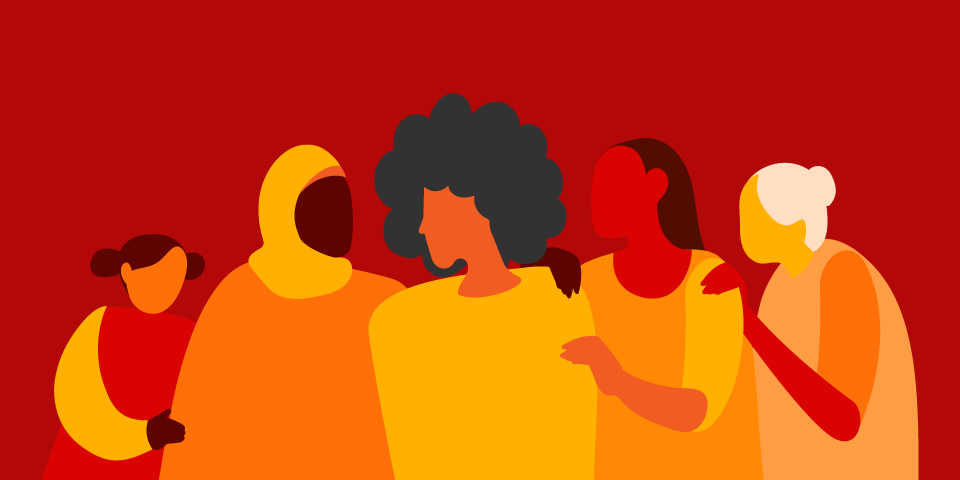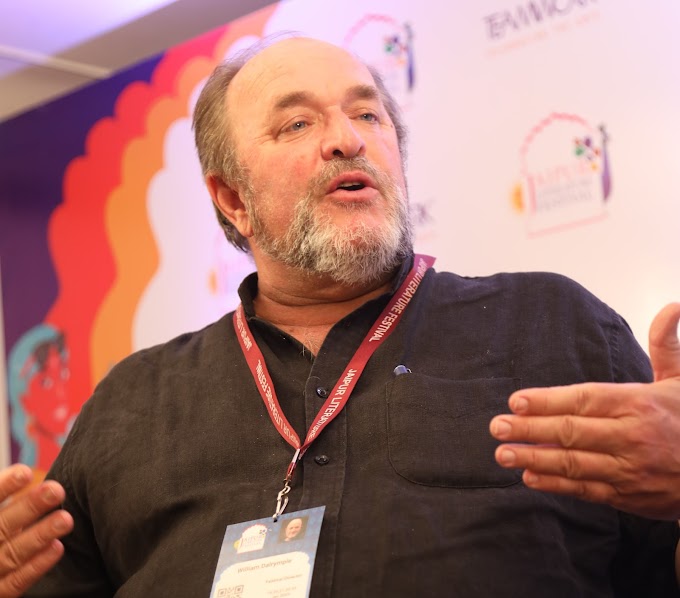In recent times, India has been haunted by gruesome incidents that expose the vulnerability of its women. The dismembered body parts of a woman scattered across the capital, the horrifying footage of a brutal killing, and a string of similar atrocities have sent shockwaves through the nation. These incidents have shattered the confidence of immigrant daughters who have migrated to India's cities, striving for education, employment, and independence. It is time to acknowledge their resilience and strength, and the urgent need for genuine representation of independent-thinking women in the Indian parliament and legislative assemblies.
 |
| unwomen.org |
Empty promises of women's
empowerment from politicians are not enough. We need policy-level interventions
that tackle the increasing crimes and violence against women. Some argue that
such crimes have always existed, but what is truly alarming is the brutal andhorrific nature of the recent incidents that have come to light. This is a
wake-up call for Indian women to assert their rights and demand attention from
the state towards the broader cause of women's upliftment.
Women constitute a significant
proportion of the electorate, yet they have largely failed to support a party
that genuinely prioritizes women's issues. The problems faced by women are not
seen as societal issues, let alone as pressing problems. We don't even understand them. We must change this
perception. Policy-level interventions must focus on raising awareness,
educating the populace about women's rights, and fostering open conversations
about women's issues in our society.
Education and information
play a vital role in transforming perspectives. We have successfully conducted
health campaigns to educate the population about HIV and its dangers.
Similarly, we can embark on a mission to educate and inform our citizens about women's
issues, dismantling taboos and nurturing a society where open discussions are
encouraged. We must also address the complexities of relationships,
heartbreaks, and consent, providing guidance on navigating these experiences.
By initiating a dialogue among young people, we can confront the issues head-on
and foster a culture of respect and equality.
It is important to note
that women should not be absolved of all blame. Relationships and heartbreaks
involve shared responsibility, but it is rare to hear of women committing
heinous acts like dismemberment or mutilation. Such acts are predominantly
committed by young men, who are products of our patriarchal society. We must
confront this issue collectively, encouraging young people to challenge gender
norms and stereotypes.
Only when the political
establishments across parties recognize the incredible worth of India's women
will we step towards creating a society where these issues can be openly
discussed. The way forward is clear: increase women's representation in the
Indian parliament, empower independent women to present their vision and ideas,
and battle for the issues they have experienced first-hand. The 2024 Lok Sabha
elections hold the potential for a transformative shift towards a safer, more
equal India.
(Saket Suman is the author of The Psychology of a Patriot. Views expressed are personal)



